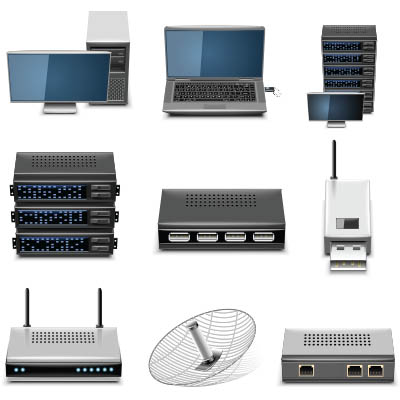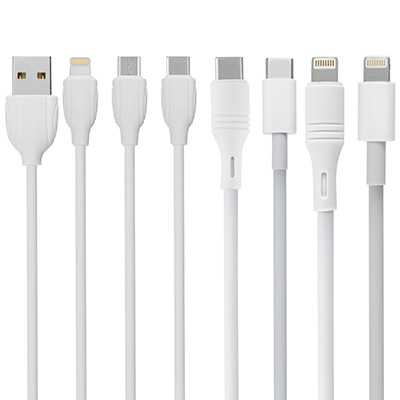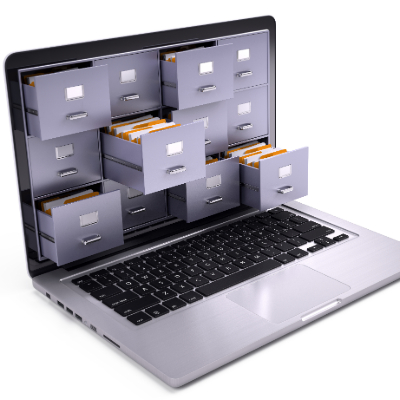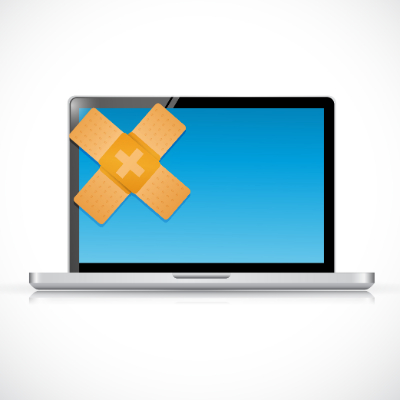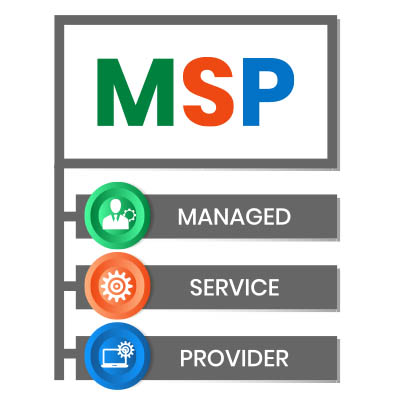Your business runs on its network, and when your network hardware isn’t running up to speed, it can have a significant impact on business operations. It’s also far from the most interesting topic, and other parts of your business—like the software that makes and manages the products or services you provide—likely takes up the spotlight. Here are some of the common networking solutions that are often neglected and why they should be a priority instead.
There’s a lot that any small business owner has to manage at any given moment, so the last thing you need is to have technology issues or challenges throw a wrench into things… and when they do, you certainly don’t need any delays in fixing the problem. That’s how traditional IT support works, and nowadays, it’s simply insufficient for business needs. Fortunately, today’s technology also enables us to address these support needs more effectively. Let’s review how managed services offer a more proactive and strategic (and therefore more financially sound) option.
From charging our phones to transferring those crucial presentation files, USBs are the unsung heroes of our digital world. Have you ever stopped to think about what’s actually going on inside that little connector? Let’s get down to brass tacks and explore the inner workings of this marvel of miniaturization.
Think of your business information that includes customer details, sales figures, product lists and more. All of that data is stored in your business’ databases. As a result, you need to understand how they work and what you need to do to best manage them and the data they contain. Here at GeekBox IT, we help businesses in Greensboro make sense of their technology every day. We’ve noticed folks often have similar questions about databases, so let’s clear them up with some simple answers. Did you know, by the way, that the first “databases” were essentially just well-organized paper records? We’ve come a long way!
You’ve probably heard a bit about blockchain. It’s a technology that is typically linked with cryptocurrencies, but its function is much more. It actually has the potential to transform everyday business operations significantly, if used properly. Forget the complex technical stuff. At its core, blockchain is like a highly secure and transparent digital record-keeping system. Imagine a shared ledger where every transaction or piece of agreed-upon information is recorded as a block. Once a block is added to the chain, it’s cryptographically sealed—meaning it cannot be altered or deleted. Everyone with authorized access sees the same information, creating a foundation of trust and clarity.
Businesses used to think that it was worth waiting around for technology solutions to break before servicing them. In fact, it was such a commonplace practice that it’s still prevalent (although to a significantly reduced degree) today. We want to look into why it just makes sense to leave the old break-fix IT model behind in favor of a more proactive approach.
Artificial intelligence is becoming ubiquitous in the business technology sector and for good reason. It’s allowing small and medium-sized businesses to do more and compete with businesses that were previously just ahead of them. Today, we want to go over some (reasonably) easy ways you can use AI in your IT operations to make your business more efficient.
If you’re a smart manager, you’re always looking for ways to optimize spending and enhance your organization’s ability to be efficient. Voice over Internet Protocol (VoIP) isn’t just a trendy tech term; it’s a strategic financial move that can significantly impact your bottom line. Today, we get into how VoIP translates to real cost savings.
While you want to believe the best of your business, including your IT staff, it’s important to recognize when they’ve reached their limit regarding knowledge and workload. To combat these limitations, you can work with an outsourced IT provider. Combining the two can help you meet your business’ technology needs.
Businesses rely on a ton of technology for their operations and, as such, rely on support to help keep these tools working effectively. We would know! We proudly provide our neighbors with the technical assistance they need to succeed. As we’ve done so, we’ve noticed that there are some support needs we frequently attend to. Let’s review some of them and why they are so vital for you to have assistance in managing, preferably, from us!

